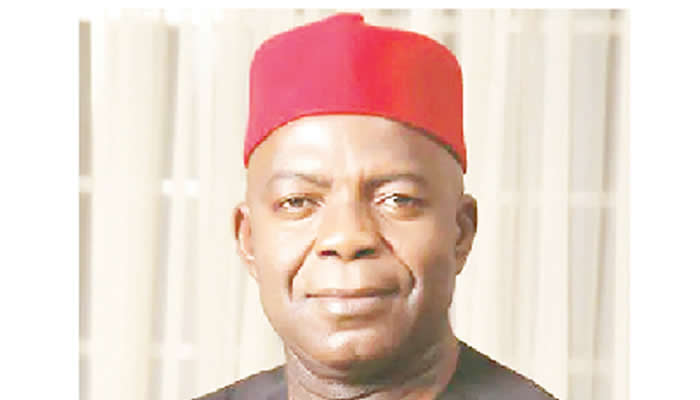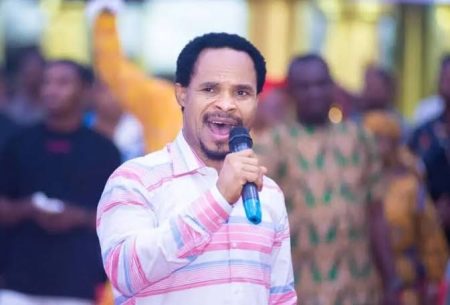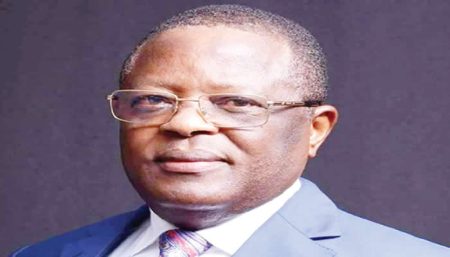Governor Alex Otti’s recent civic reception, organized by the Oha Isiala Ngwa People, became a platform for assessing his initial months in office and projecting towards the 2027 gubernatorial elections. While acknowledging the endorsements and calls for his re-election, Otti carefully positioned his future political aspirations within the framework of divine guidance, emphasizing that the decision regarding a second term would ultimately rest with God. He expressed gratitude for the recognition of his administration’s work thus far, viewing the endorsements as a positive reflection of his efforts. However, he refrained from a definitive commitment, stating that his response regarding 2027 would be revealed in due course, after seeking divine counsel. This strategic ambiguity allows him to maintain public interest and build anticipation while focusing on the immediate tasks of governance.
Otti utilized the occasion to highlight key aspects of his administration’s agenda, particularly the strategic focus on Aba as an economic engine for the state. He underscored his belief in Aba’s potential to drive growth and prosperity for Abia State, explaining that the concentrated investment in the city is a deliberate strategy to maximize its economic impact. He also reiterated his commitment to inclusive governance, emphasizing that development initiatives are being pursued concurrently across all regions of the state, ensuring that no area is neglected. This served to address potential concerns about regional disparities in development and reaffirmed his dedication to equitable distribution of resources and opportunities.
The issue of the Abia Airport project, located in Nsulu, also came to the fore during the event. Otti addressed concerns about the project’s siting, asserting that the decision was based purely on technical considerations and feasibility studies, devoid of any political motivations. He further clarified the compensation process for landowners affected by the airport’s development, stating that full payments have been made to all verified claimants. Any outstanding cases, he explained, were likely due to incorrect banking details or conflicting claims on land ownership, not a deliberate withholding of compensation by the government. This clarification aimed to dispel any rumors of impropriety surrounding the project and reassure the public of the government’s transparency and commitment to fair dealing.
Otti’s description of the Abia Airport project as a comprehensive development hub, extending beyond its aviation function, further showcased his long-term vision for the state’s economic transformation. He positioned the airport not merely as a transportation facility but as a catalyst for broader economic activity, potentially attracting investment, generating employment, and stimulating growth in related sectors. This ambitious outlook presented a compelling narrative of progress and prosperity, aligning with the overarching theme of his administration’s commitment to development.
The civic reception also witnessed the convergence of various political actors and groups, underscoring the shifting political landscape in Abia State. The endorsements from prominent figures like Okenze Chief Ginger Onwusibe, Senator Darlington Nwokocha, Hon. Collins Iheonunekwu, Mr. Obinna Anaba, Mr. Cyril Ishmael, and Dr. Ugochukwu Agu demonstrated a growing groundswell of support for Otti’s leadership. The defection of Hon. Collins Iheonunekwu and his group from the Peoples’ Democratic Party (PDP) to Otti’s Labour Party (LP) further signaled a consolidation of political forces around the governor, potentially strengthening his position within the state’s political arena.
The presence of the National Union of Road Transport Workers (NURTW) leadership at the event, led by their chairman Eze Job, added another layer of significance to the gathering. The NURTW holds considerable influence within the state, particularly in the transportation sector, and their open support for Otti could be interpreted as a strategic alliance with significant implications for political mobilization and grassroots engagement. This display of solidarity from key stakeholders across different sectors of society reinforced the narrative of widespread approval for Otti’s administration and its developmental agenda. Taken together, the endorsements, defections, and expressions of support signaled a growing momentum behind Otti’s leadership and suggested a potential pathway towards a second term in office, although the governor remained circumspect, deferring any definitive declaration to divine timing and consultation.














